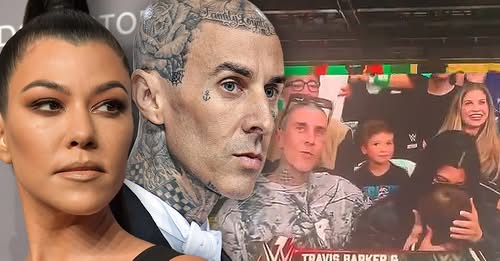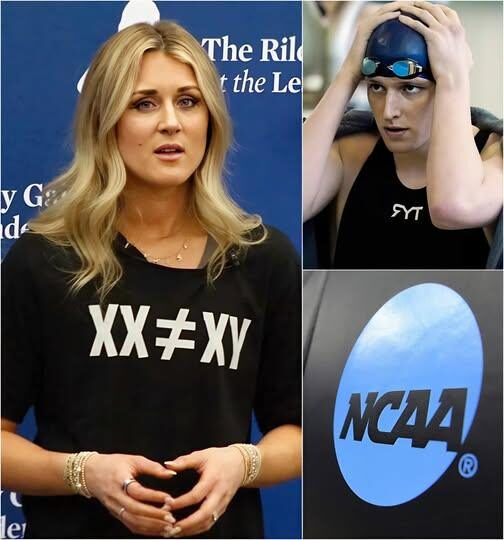Diddy PANICS In Court After 50 Cent’s LEAKED AUDIO Is Shown As EVIDENCE
The courtroom fell dead silent the moment the audio started playing. What began as a routine proceeding quickly spiraled into chaos—and at the center of it all was Sean “Diddy” Combs, a man who had once ruled the music industry with charm, power, and an untouchable reputation.
But that aura crumbled fast.
Diddy walked into court with the same polished confidence he’d projected for decades—gray slacks, a crisp white shirt, and a sweater draped neatly over it. He hugged his attorneys and nodded calmly, the image of control. But beneath the surface, something was off. His movements were stiff, his posture too precise. Observers could feel it: this wasn’t swagger. This was bracing for impact.

The tension only grew heavier when the prosecution announced new evidence—**leaked audio** tied directly to the case. A clip recorded years ago, now resurfacing at the worst possible moment.
And as soon as Diddy’s voice echoed through the courtroom speakers, everything changed.
At first, it was harmless. His tone was casual, even friendly. But then came the uncomfortable jokes, overly familiar remarks, strange references—suddenly laced with deeper meaning given the accusations he was facing. Layered against the backdrop of sex trafficking, racketeering, and transporting individuals across state lines for illicit purposes, the seemingly innocuous banter hit like a sledgehammer.
Diddy’s composure cracked. What once felt like control now looked like fear.
Two of the individuals allegedly referenced in the recordings were said to be **underage males**, and although the identities of the eight celebrities involved (six men and two women) have not been publicly named, insiders claim that several were *victims* of misconduct.
When the judge allowed the audio into evidence—despite the defense’s objection that it was taken out of context—it became clear this was no longer a case of rumor versus reputation. It was now about *proof*. And that terrified Diddy.
The recordings were reportedly uncovered as part of a broader investigation, but their sudden arrival in court was no coincidence. Behind the scenes, 50 Cent had been preparing this moment for years.

Through cryptic posts, odd interviews, and calculated jabs, 50 had long hinted that he knew more than he was letting on. But his Netflix documentary flipped the script entirely—it wasn’t just a hip-hop retrospective; it was a strategic hit piece, timed with surgical precision.
The footage painted Diddy as a man whose empire was built not just on music, but on manipulation, secrets, and power games. And the leaked audio? That was just the beginning. Insiders whisper that even more damning clips could follow.
In the courtroom, Diddy broke.
As the audio played, his face twitched, his jaw clenched, his leg bounced uncontrollably. When the prosecutor played another excerpt—this one referencing visits to a prison and suggesting loyalty tests—Diddy snapped. He **stood up mid-session**, shouting that his words were being twisted, accusing the prosecution of bias, and **blaming 50 Cent directly**, calling the entire ordeal a “personal vendetta.”
The judge slammed the gavel repeatedly as Diddy’s attorneys scrambled to calm him down. But the damage was done. The courtroom—and the public—had just witnessed something that couldn’t be unseen:
**A man unraveling.**
Within hours, news outlets blasted headlines of the outburst. Clips went viral. Late-night hosts mocked him. Commentators speculated about what the meltdown meant for his legal future. And suddenly, Diddy—the mogul, the myth—looked vulnerable.
The response from the industry was swift and calculated.
Artists who once shouted him out on songs went eerily silent. A few brave voices spoke cryptically online. One wrote, “We knew. Nobody wanted to be the first to say it.” Another simply posted, “The curtain’s coming down.” Behind closed doors, executives were reviewing contracts, scrambling to assess potential fallout, and wondering what else might leak.
But not everyone turned away. Some allies defended him, suggesting context was key. Still, no one denied the recordings. Instead, they tried to **minimize** their impact.
That in itself was telling.
What made it all worse was the familiarity. The music industry had protected its stars before. This scandal didn’t just expose Diddy—it peeled back the curtain on an entire system of silence, complicity, and cover-ups.
And for the first time, the **illusion** was truly shattered.
Legally, things had changed drastically. Before the audio, Diddy’s legal team had options—dispute witness credibility, challenge timelines, negotiate. But now? With his **own voice** reinforcing the prosecution’s narrative, those options were rapidly vanishing.




